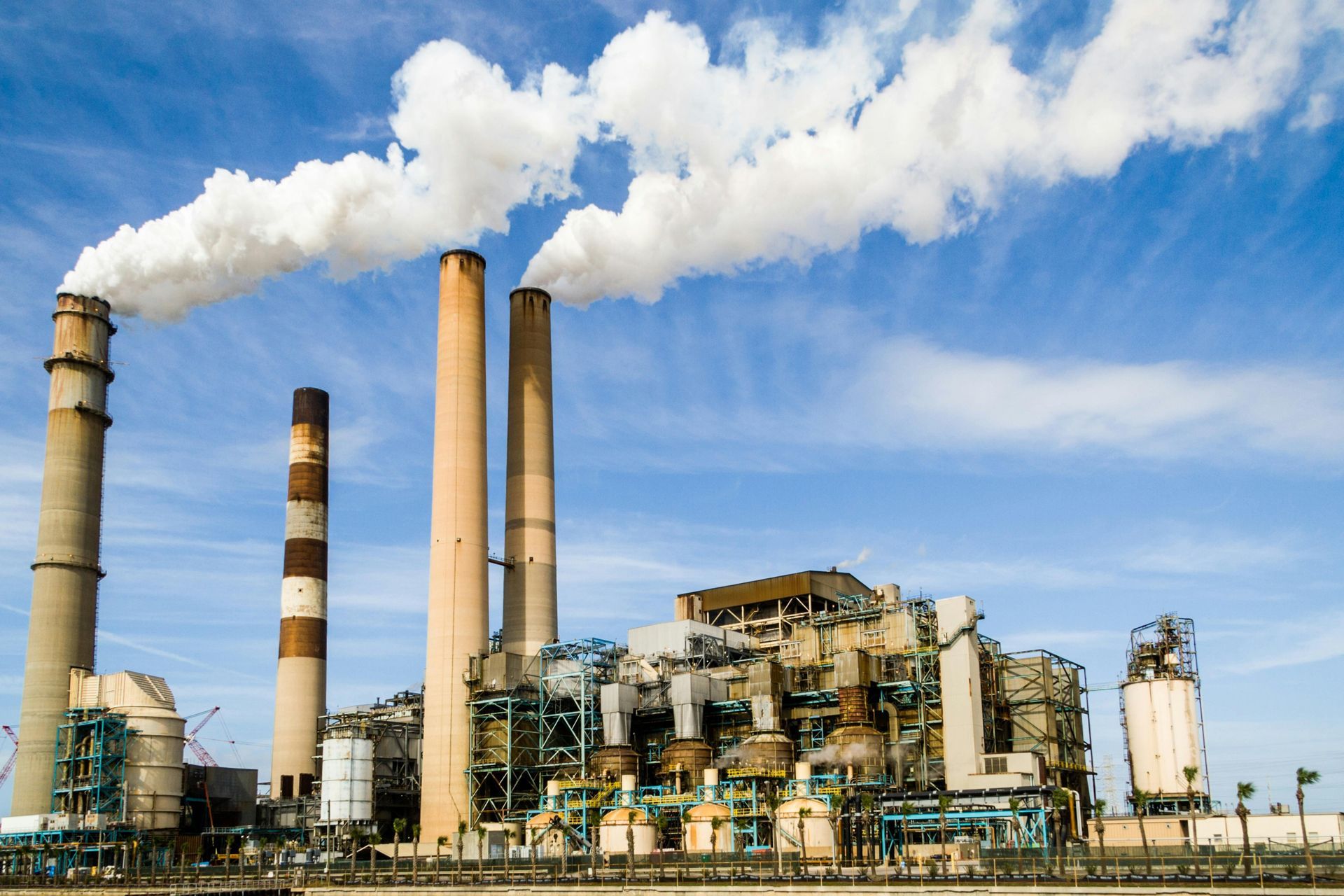Regulatory Challenges That Could Hinder Achieving Clean Generation Goals to Meet High Energy Demand
Denali-ep
| 23 de octubre de 2024
Regulatory Challenges That Could Hinder Achieving Clean Generation Goals to Meet High Energy Demand
Introduction
The transition towards cleaner energy generation in Mexico faces several regulatory challenges that could obstruct the achievement of established goals to meet the growing energy demand, especially in the context of industrial parks. Below, these challenges and their impact on the sector are detailed.
Regulatory Challenges for Clean Generation in Mexico
Inconsistencies in Energy Policy
Since the energy reform of 2013, energy policy in Mexico has undergone significant changes. The current administration has prioritized the Federal Electricity Commission (CFE) and limited private sector participation in energy generation. This has generated uncertainty among investors, who may hesitate to commit capital to renewable energy projects due to a lack of a clear and stable regulatory framework.
Methodological Changes in Clean Energy Accounting
Changes in the methodology for accounting clean energy have generated controversy. For instance, in 2022, it was reported that 31.2% of the energy generated in Mexico was considered clean, thanks to adjustments that allowed including energy generated from waste heat of combined cycle plants. However, this type of accounting does not align with international best practices and could lead to Mexico failing to meet the targets established in the Energy Transition Law, which requires at least 30% of electricity to come from clean sources.
Lack of Clear Projections for the Future
The PRODESEN 2023-2037 does not provide estimates on the percentage of clean energy that will be generated in 2024, making it difficult to assess progress towards clean generation goals. This lack of clarity may disincentivize investment in renewable energy projects, as investors need concrete data to make informed decisions.
Limitations on Distributed Generation
Although distributed generation has been promoted as a viable solution to increase clean energy generation capacity, there are regulatory limitations that restrict its growth. Currently, changes are being proposed to increase distributed generation capacity from 500 kW to 1 MW, but implementing these modifications still faces bureaucratic obstacles that could delay their adoption.
Dependence on Fossil Fuels
Despite Mexico's commitments to reduce greenhouse gas emissions, the country remains heavily dependent on fossil fuels for electricity generation. In 2023, approximately 76.1% of the electricity produced came from fossil sources. This dependence limits the country's ability to diversify its energy matrix and meet sustainability objectives.

Impact on Industrial Parks
The lack of a clear regulatory framework and limitations on clean energy generation have a direct impact on Mexico's industrial parks:
Unreliable Electricity Supply
Industrial parks require a reliable electricity supply to operate efficiently. Uncertainty in energy policies and a lack of new investments in infrastructure can result in supply interruptions, affecting production and profitability for businesses.
Increased Operational Costs
The lack of access to clean and reliable energy may lead industrial parks to resort to more expensive solutions, such as self-generating power or purchasing electricity at higher prices. This increases operational costs and reduces competitiveness for companies.
Difficulties Attracting Foreign Investment
Regulatory uncertainty and a lack of a clear framework for clean energy generation may discourage foreign investors from establishing operations in Mexico. This is particularly relevant in a context where nearshoring is driving demand for new industrial parks.
Need for Innovation and Adaptation
In light of these challenges, industrial parks must seek innovative solutions such as implementing microgrids and distributed generation systems. These alternatives allow companies to generate their own power, reducing dependence on the national electrical system and improving sustainability.
Conclusion
The regulatory challenges in Mexico's energy sector represent a significant obstacle to achieving the clean generation goals necessary to meet growing energy demand. Inconsistencies in policies, lack of clear projections, and dependence on fossil fuels limit industrial parks' ability to operate efficiently and competitively. To move towards a more sustainable energy future, it is crucial that reforms are implemented to encourage investment in clean energies and establish a clear and stable regulatory framework.
What are the main issues with Mexico's current energy policies?
Mexico's energy policies have shifted to favor state-owned enterprises like the Federal Electricity Commission (CFE), which undermines competition and prioritizes fossil fuels over renewable sources. This has raised concerns from the U.S. regarding potential violations of the USMCA, as these policies may discriminate against private and foreign investments in clean energy
How has the U.S. responded to Mexico's energy policies?
The U.S. has requested consultations under the USMCA to address concerns about Mexico's energy policies, alleging they violate the trade agreement by favoring state-owned utilities and hindering private sector participation in renewable energy projects. The Biden administration aims to resolve these issues through dialogue rather than escalating to a formal dispute settlement panel
What impact do these policies have on foreign investment in Mexico?
The protectionist measures in Mexico's energy sector have disrupted foreign investment, particularly in clean energy infrastructure. The U.S. argues that these actions discourage American companies from investing in renewable energy projects, which could hinder Mexico’s economic growth and its ability to meet climate goals
What are the potential economic consequences for Mexico if it fails to adapt its energy policies?
If Mexico does not modernize its energy policies to support clean energy generation, it risks missing out on significant investment opportunities, estimated between $60 billion and $150 billion over the next decade. This could stall economic growth, especially as nearshoring trends increase demand for reliable and sustainable energy sources
What reforms are necessary for Mexico to achieve its clean energy goals?
To meet its clean energy targets, Mexico needs to implement reforms that encourage private sector participation in the energy market, enhance regulatory clarity, and prioritize renewable energy development. This includes allowing greater access for private companies to operate renewable facilities and updating the national grid to support clean energy integration




